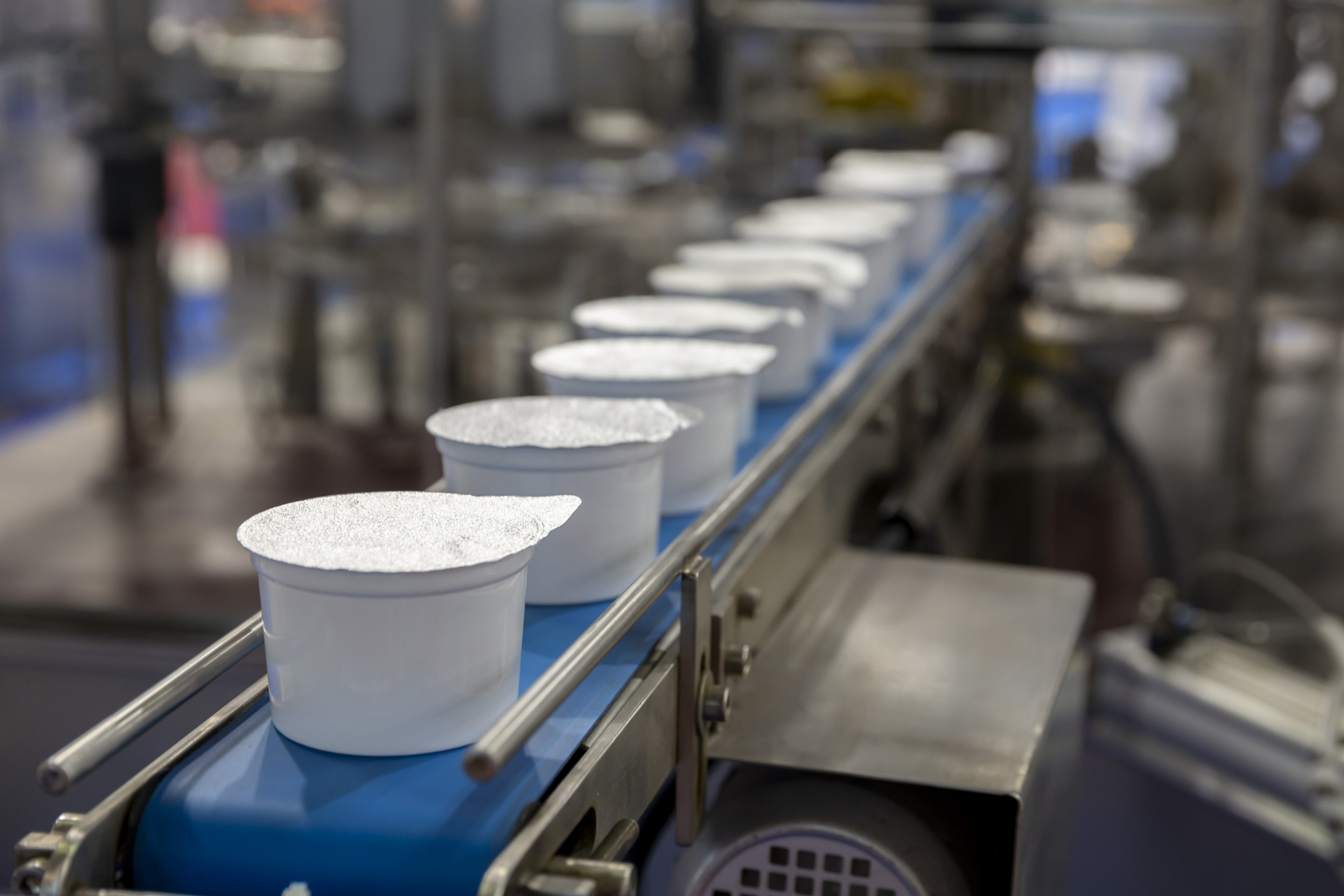Insights
Sharing challenges in the Open Innovation Forum: A look at sustainable food packaging
At the Open Innovation Forum, we’re working with members to improve food packaging – and finding that there is no single solution.

For manufacturers seeking to become more sustainable, dealing with plastic packaging has long been one of the most important issues. But over the past few years, in the wake of television programmes like Blue Planet II and other reporting on its environmental impact, this has soared to the top of the agenda for both consumers and companies.
At the Open Innovation (OI) Forum at IfM Engage, we work with member companies in the food, drink and FMCG value streams to help explore opportunities and shared challenges, and it has been striking to see how the issue of packaging has shot to the top of the list of our members’ priorities in our roadmap for innovation.
While this owes something to higher consumer awareness, a more sustainable approach to packaging is also one of the biggest things food manufacturers can do to reach broader sustainability goals.
Unfortunately, it’s also one of the most intractable problems, one that cuts across the value chain. It requires innovation in materials, in packaging design, in how brands communicate with consumers, and in recycling. It requires a focus on both consumer behaviour change and materials innovation.
In short, there is no silver bullet.
But in working with our members at all points on the value chain, we’ve begun the conversations that will lead to solutions.
Conversations lead to progress
We started with a packaging challenge structured using ‘Design Thinking’, an approach developed by the Hasso Plattner Institut. This places the consumer at the heart of designing new products, services and systems, and goes further than traditional market research by using an iterative approach to define needs, develop ideas and test prototypes, gathering user feedback at each step.
Through this process we were able to come up with interesting, customer-centred ideas like a ‘reverse vending machine’ for people to return the packaging of a ready meal once finished and a package for a whole chicken made out of cassava, a vegetable, which dissolves when cooked.
Recognising the power of external sources of innovation, we brought in universities as well as start-ups to look at the more technical solutions, drawing on the strong UK knowledge base in new materials research and chemical recycling processes, while looking across the globe for the most innovative solutions.
We also brought on board companies across the value chain as OI Forum members, from those focused on design to a company like Biffa which does waste management, to provide different perspectives on packaging.
Comparing their top priorities for dealing with packaging led to some intriguing insights. For instance, one of the issues that most members agreed was the most difficult was the use of flexibles and films in food packaging.
Things like the top of yoghurt pot that you peel off can look quite simple, but in fact they are very challenging to recycle. They’re often multi-layered, with different materials, and there are a huge variety of end products that are both difficult to recycle and that can easily contaminate other waste streams. Seeing how that shared problem lines up across the many companies in the value circle is invaluable.
And just because there is no silver bullet does not mean that we are not making progress.
One team within the Forum at Queen’s University Belfast’s School of Mechanical and Aerospace Engineering are working on the development of new bio-based packaging using agricultural waste. Such waste is often difficult to dispose of, but it contains the building blocks of natural bio-polymers which represent a promising source of sustainable materials and an alternative to plastic.
We also linked up with our Master’s students at the Institute for Manufacturing, who worked with PepsiCo and Samworth Brothers on extended projects to explore the sustainability challenges and to begin to map potential solution pathways. What’s more, individual conversations between companies in different parts of the value chain have revealed incremental improvements that had previously been hidden to them.
Get involved
As the experience of exploring solutions in sustainable packaging demonstrates, the most powerful aspect of the OI Forum is that it represents companies across the sector, and is made up of non-competing organisations, which makes for a unique breadth of insight as well as a highly trusting, open ethos.
With this in mind, we’re always actively looking for members that can fill in the remaining gaps in the value circle and enhance these conversations – especially around the increasingly important areas of food service, plant-based/alternative proteins, and direct-to-consumer and e-retail solutions.
Industrial challenges, particularly in the area of sustainability, can look daunting when viewed from the perspective of a single firm. But as we’ve found at the OI Forum, working together can open up whole new ways of viewing the problem – and the potential solutions.
Open Innovation Forum membership
The Open Innovation (OI) Forum offers a programme of expert support and opportunities for companies from all stages of the Food, Drink & FMCG value chain.
If you are interested in OI Forum membership, please contact Dominic Oughton at or find out more at the Open Innovation Forum page
